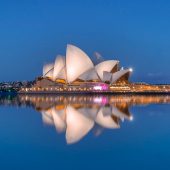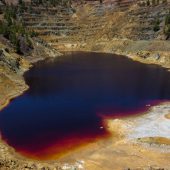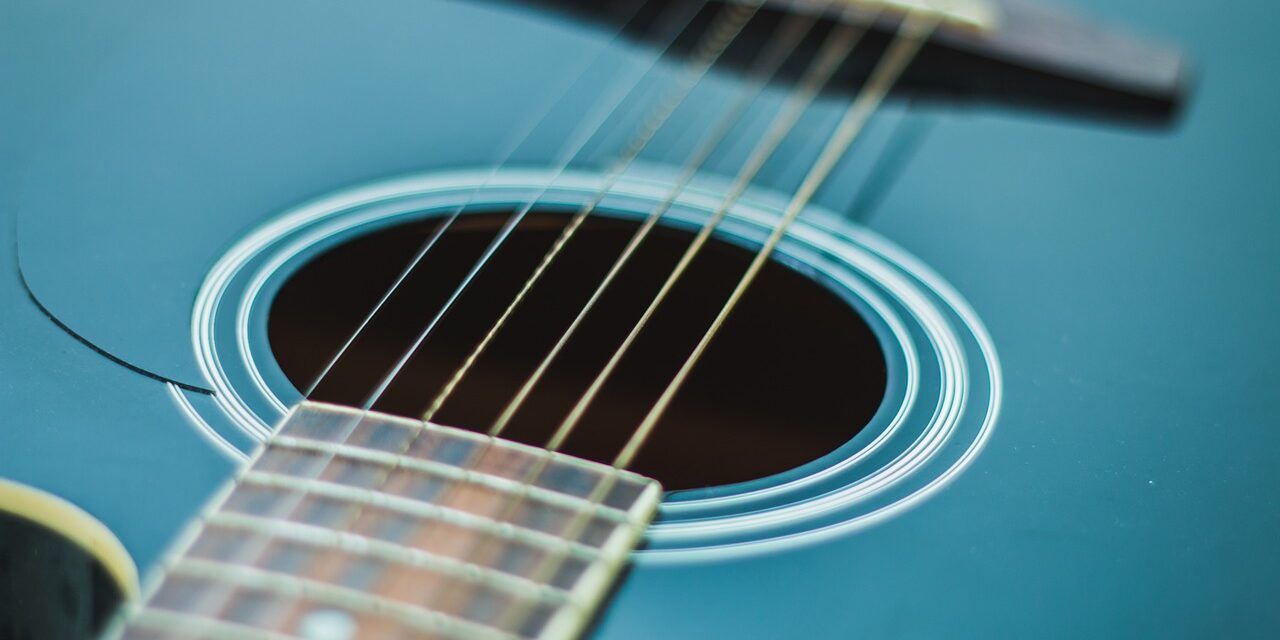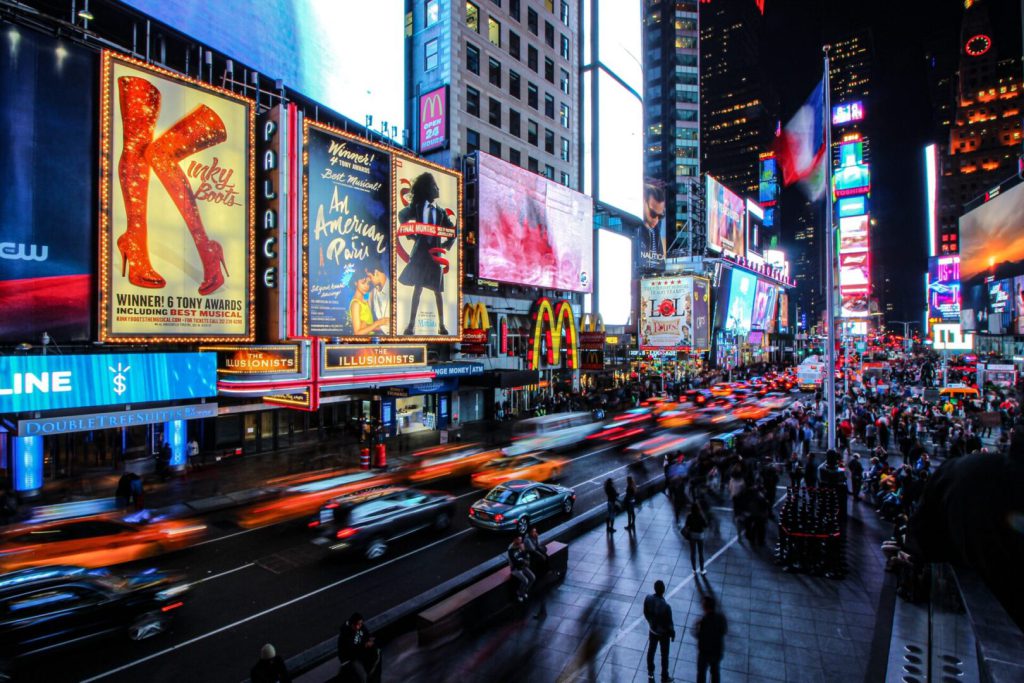More famous blues musicians have come from the Mississippi Delta region than anywhere else in the U.S. So, if you’re a fan of blues music, you’ll undoubtedly want to take a tour around the birthplace of the blues.
You certainly won’t be short of places to visit and there are many sites of interest and attractions besides those listed below that you’ll want to explore.
But here are the top places that should most definitely be on your ultimate music tour of the Mississippi Delta.
The Delta Blues Museum
It’s a good idea to learn more about the history of delta blues music before you visit the Mississippi Delta region to ensure you get the most out of your tour and appreciate the sites more.
But you can also learn about the history of the blues at the Delta Blues Museum.
The museum features revolving exhibitions as well as a permanent collection of memorabilia from world-renowned blues artists, including Big Mama Thornton, Charlie Musselwhite, and the one and only B.B. King.
You’ll come across guitars owned by B.B. King, John Lee Hooker, and Big Joe Williams, as well as interesting items like the Clack Grocery Sign from the store and train stop where Alan Lomax recorded Son House and the Three Forks Sign from the place where Robert Johnson was allegedly poisoned during his last concert.
Robert Johnson Gravesite
Even though Robert Johnson only ever recorded twenty-nine songs over two recording sessions, in 1936 and 1937, his impact on the blues scene is undeniable. Johnson was a big influence on both Elmore James and Muddy Waters.
In fact, his guitar-playing skills were so good, that many people believed Robert Johnson sold his soul in return for his awesome musical abilities.
There are actually three places where Johnson may have been buried, but the marker that indicates where most people believe he is buried is located at the Little Zion Missionary Baptist Church in Greenwood.
The Birthplace of B.B. King and the B.B. King Museum
Known as the King of the Blues, B.B. King was a major influential artist of the Mississippi Delta blues, so you’re sure to be interested in visiting King’s birthplace in Berclair before moving on to Indianola, where King grew up, to check out the B.B. King Museum and Delta Interpretive Center.
At the museum, you can learn all about King’s story and explore the history and literature of Mississippi Delta blues music.
The Howlin’ Wolf Trail and Museum
Chester Arthur “Howlin’ Wolf” Burnett is widely regarded as one of the founding fathers of the blues genre.
Head to West Point City Park to locate the Howlin’ Wolf Mississippi Blues Trail marker. Then follow the trail to see a statue of the great man and a mural of Howlin’ Wolf on Main Street.
Finish your tour of the Wolf by visiting the Howlin’ Wolf Blues Museum, which honors other great blues guitarists, such as Hubert Sumlin, as well as Howlin’ Wolf himself.
The Birthplace of Muddy Waters
Another birthplace you’ll want to visit during your tour of the Mississippi Delta is that of the legendary blues musician Muddy Waters.
You’ll find his marker behind the Sharkey County Courthouse in Rolling Fork.
You might also be interested in visiting the marker of Muddy Waters’ Cabin, which is located just outside of Clarksdale. The Cabin is where Waters made his first recordings in the early 1940s.
Gateway to the Blues Museum
The Gateway to the Blues Museum, which is located along Blues Highway 61, is full of artworks and interactive exhibits related to the Delta blues.
In addition to learning about the history of the blues, you have the opportunity to enter a recording studio to record your very own blues song!
Who knows. Maybe your song will be picked up and become as popular as the songs by the likes of Muddy Waters and B.B. King.
Okay, it’s unlikely that will happen. But recording your own blues track at the Gateway to the Blues Museum will certainly be a unique experience, and you’ll get to keep a remarkable souvenir from your amazing trip to the Mississippi Delta. And once you’ve completed your tour of the Mississippi Delta, consider visiting other places around the world that are renowned for their local music. For instance, you could head to Portugal to listen to authentic fado music and learn about fado’s history.
















This site is protected by reCAPTCHA and the Google Privacy Policy and Terms of Service apply.